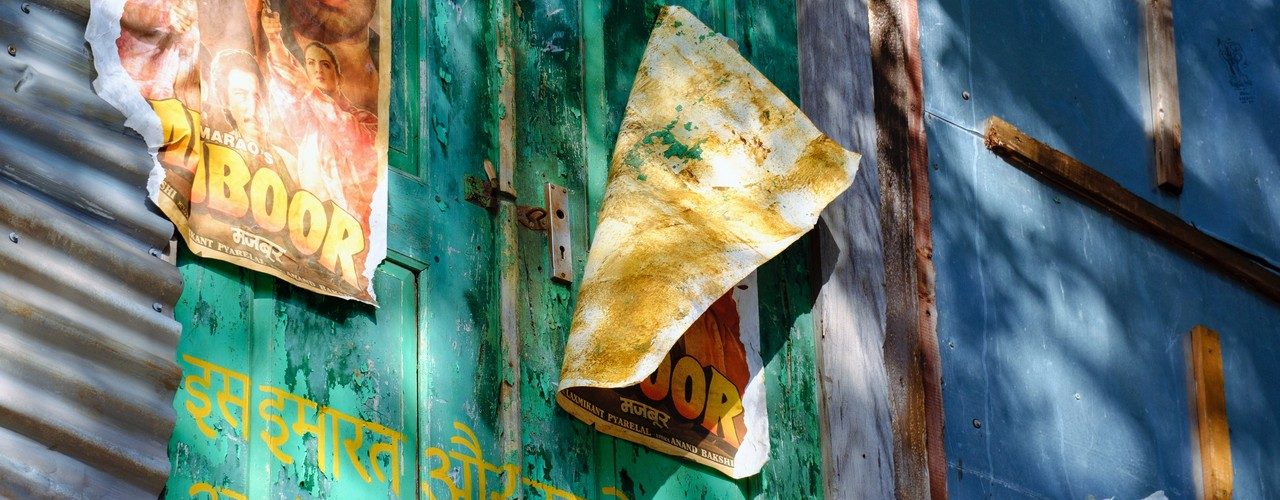Amendments Recommended for Relaxation in Section 16(4) of CGST Act
The GST Council has recommended a relaxation in the conditions of section 16(4) of the CGST Act for the initial years of GST implementation (2017-18 to 2020-21). The time limit to avail input tax credit through return filing in FORM GSTR 3B has been extended to 30.11.2021 for these financial years, with a retrospective amendment in section 16(4) of the CGST Act. Additionally, there is a recommendation for a retrospective amendment to conditionally relax the provisions of section 16(4) in cases where returns are filed within thirty days of the revocation of registration.
Source A2ztaxcorp
Extension of Appeal Filing Period under Section 112 of CGST Act
The GST Council recommended amending Section 112 of the CGST Act, 2017, to allow the three-month period for filing appeals before the Appellate Tribunal to start from a date to be notified by the Government in respect of appeal/ revision orders passed before the date of said notification. This will give sufficient time for the taxpayers to file appeals before the Appellate Tribunal in the pending cases.
Source A2ztaxcorp
Reduction in TCS Rate for Electronic Commerce Operators to Ease Financial Burden on Suppliers
The GST Council recommended that Electronic Commerce Operators (ECOs) are required to collect Tax Collected at Source (TCS) on net taxable supplies under Section 52(1) of the CGST Act. The GST Council has recommended reducing the TCS rate from the present 1% (0.5% CGST + 0.5% SGST/ UTGST, or 1% IGST) to 0.5 % (0.25% CGST + 0.25% SGST/UTGST, or 0.5% IGST), to ease the financial burden on the suppliers making supplies through such ECOs.
Source A2ztaxcorp
Amendment to Exclude Extra Neutral (ENA) Alcohol from GST for Liquor Manufacturing
The GST Council, in its 52nd meeting, had recommended amending the GST Law to explicitly exclude rectified spirit/Extra Neutral Alcohol (ENA) from the scope of GST when supplied for manufacturing alcoholic liquors for human consumption. However, the GST Council now recommended an amendment in sub-section (1) of Section 9 of the CGST Act, 2017, for not levying GST on Extra Neutral Alcohol used for the manufacture of alcoholic liquor for human consumption.
Source A2ztaxcorp
Reduction in Pre-Deposit Amounts for Filing Appeals to Ease Taxpayer Cash Flow
The GST Council recommended reducing the amount of pre-deposit for filing of appeals under GST to ease cash flow and working capital blockage for the taxpayers. The maximum amount for filing an appeal with the appellate authority has been reduced from Rs. 25 crores CGST and Rs. 25 crores SGST to Rs. 20 crores CGST and Rs. 20 crores SGST. Further, the amount of pre-deposit for filing an appeal with the Appellate Tribunal has been reduced from 20% with a maximum amount of Rs. 50 crores CGST and Rs. 50 crores SGST to 10 % with a maximum of Rs. 20 crores CGST and Rs. 20 crores SGST.
Source A2ztaxcorp
File complaints of Anti-Profiteering cases only up to April 1, 2025 in GSTAT
The Council recommended amendments in Section 171 and Section 109 of the CGST Act, 2017 to provide a sunset clause for anti-profiteering under GST and to provide for the handling of anti-profiteering cases by the Principal bench of GST Appellate Tribunal (GSTAT). The council has also recommended the sun-set date of 01.04.2025 for receipt of any new application regarding anti-profiteering.
Source A2ztaxcorp
Comprehensive Clarifications to Address Trade and Compliance Issues in GST
The GST Council recommended clarifications on the valuation of imported services by related persons, availability of input tax credit on ducts and manholes used in Optical Fiber Cables network, place of supply for custodial services provided by banks, and the valuation of corporate guarantee provided between related persons. It also recommended the retrospective amendment of Rule 28(2) of CGST Rules, 2017.
Source A2ztaxcorp
53rd GST Council Recommends Reporting of B2C inter-State supplies to be reduced from Rs 2.5 Lakh to Rs 1 Lakh
The threshold for reporting of B2C inter-state supplies invoice-wise in Table 5 of FORM GSTR-1 is recommended to be reduced from Rs 2.5 Lakh to Rs 1 Lakh.
Source A2ztaxcorp
FORM GSTR-7 be filed every month irrespective of whether TDS is deducted or not
Form GSTR-7 is to be filed every month by registered persons who are required to deduct tax at source under Section 51 of CGST Act, 2017, regardless of whether any tax has been deducted or not. It is to be filled by departments or establishments of the Central or State Government, local authorities, governmental agencies, and other persons as notified by the Government. No late fee is payable for delayed filing of Nil Form GSTR-7 return. Invoice-wise details may be required to be furnished in the return.
Source A2ztaxcorp
Amendment in Section 16 of the IGST Act and Section 54 of the CGST Act to Curtail Refund of IGST on Export Duty Payable Goods
The Council has recommended amendments in Section 16 of the IGST Act, 2017 i.e. Eligibility and conditions for taking input tax credit, and Section 54 of the CGST Act, 2017 i.e. Refund of tax that the refund in respect of goods, that are subjected to Export Duty, is restricted, irrespective of whether the said goods are exported without payment of taxes or with payment of taxes, and such restrictions should also be applicable if such goods are supplied to an SEZ developer or an SEZ unit for authorized operations.
Source A2ztaxcorp
Monetary Limits for GST Appeal Filing by GST Department
The GST Council has recommended monetary limits for filing appeals in GST cases before judicial bodies to reduce government litigation and streamline the legal process. The proposed limits are ₹20 lakhs for GST Appellate Tribunal (GSTAT), ₹1 crore for High Court, and ₹2 crores for Supreme Court. This aims to minimize unnecessary appeals, focus on significant cases, and enhance legal system efficiency while reducing the burden on courts and taxpayers.
Source A2ztaxcorp
Insertion of Section 128A for Waiving Interest and Penalties on Tax Demands for FY 2017-18 to FY 2019-20
The GST Council has recommended the insertion of Section 128A in the CGST Act to allow for conditional waiver of interest or penalty, or both, for demands raised under Section 73 for the fiscal years 2017-18 to 2019-20. This waiver applies to cases where the taxpayer pays the full amount of tax demanded in the notice by March 31, 2025, and does not cover demands for erroneous refunds. The recommendation aims to address the difficulties faced by taxpayers during the initial years of GST implementation.
Source A2ztaxcorp
Section 16(4): GST Council Waives Penalties On Past Tax Notices To Ease Compliance Burden
Waive interest and penalties for demand notices issued under Section 73 of the GST Act, covering fiscal years 2017-18, 2018-19, and 2019-20. This waiver applies to cases not involving fraud, suppression, or misstatements, providing substantial relief to those affected by these notices.
Source A2ztaxcorp















